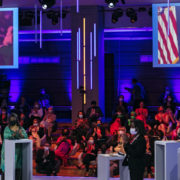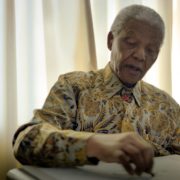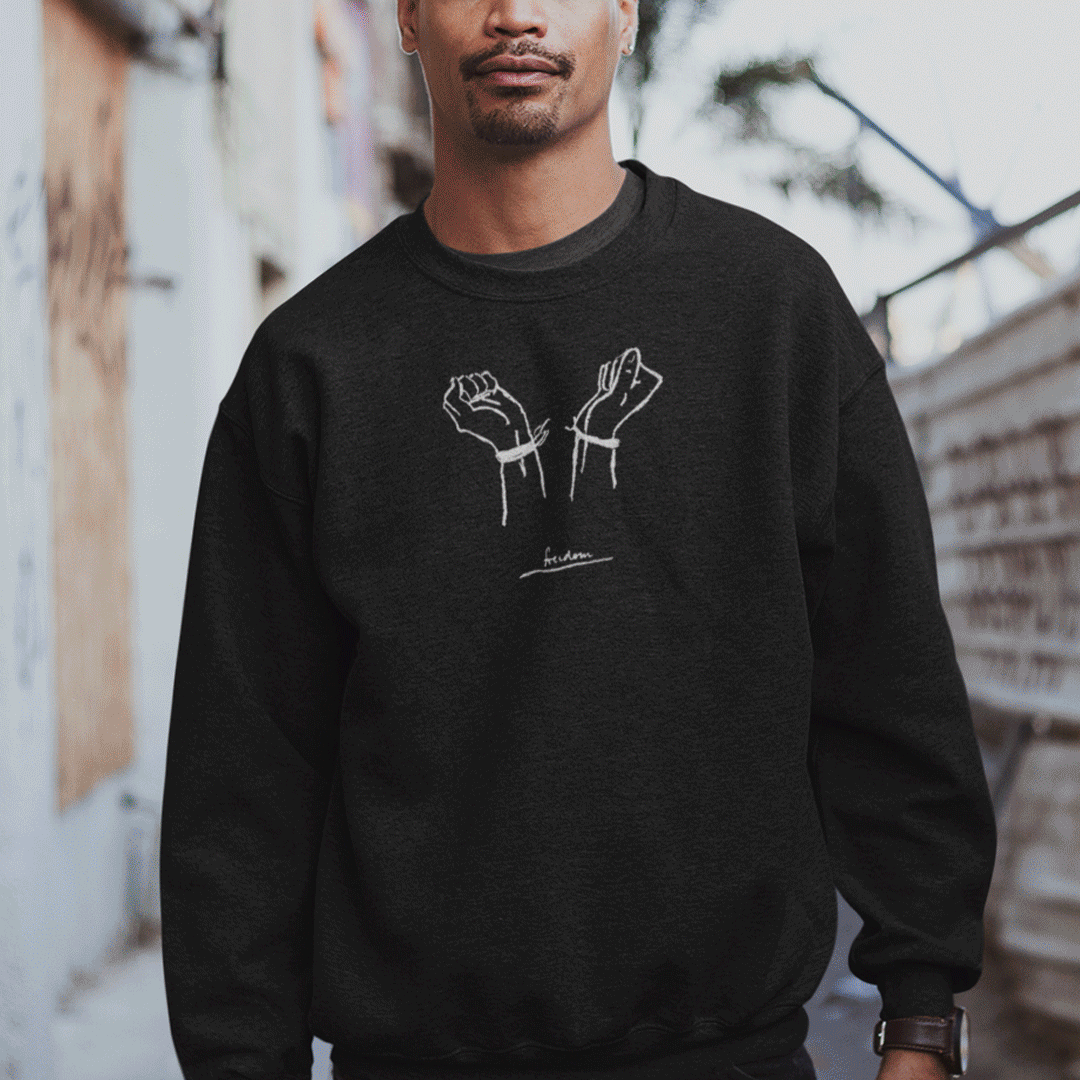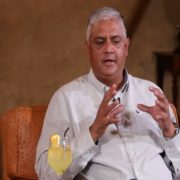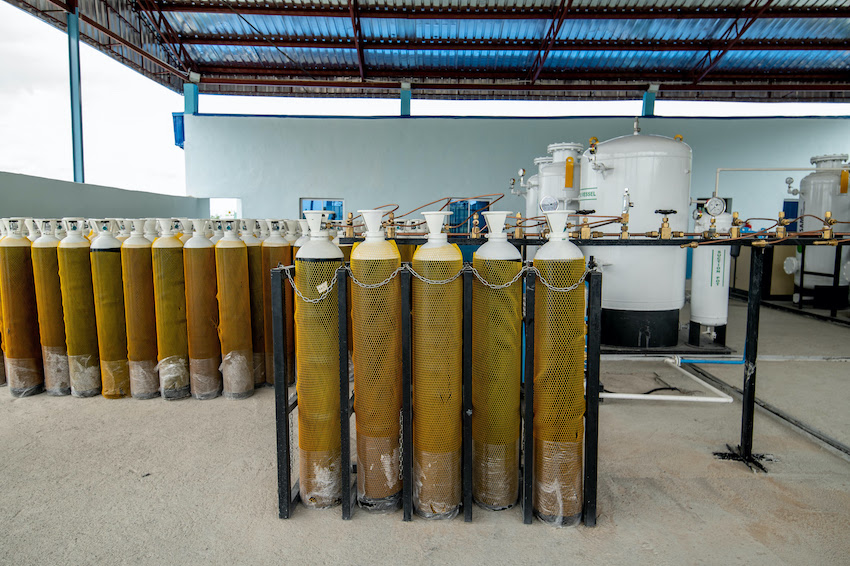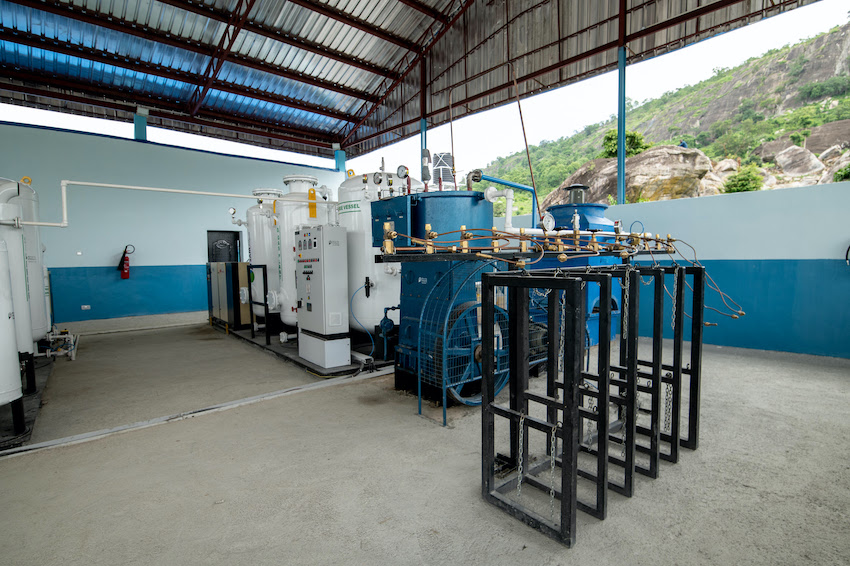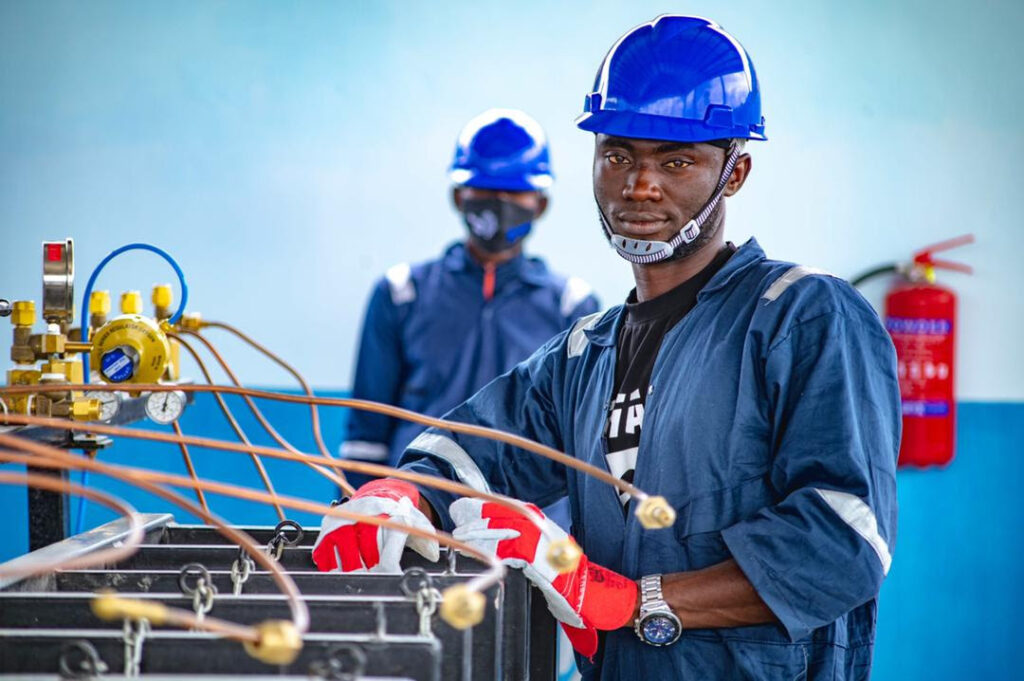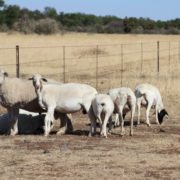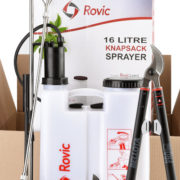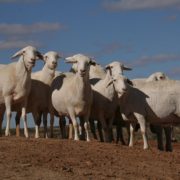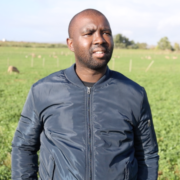How Generation Equality Forum marked a positive shift for gender equality
The Generation Equality Forum which was held in Paris and virtually, concluded with bold gender equality commitments, including the launch of a global 5-year action journey, and US$40billion in investment pledges, to help accelerate gender equality and end injustice against women by 2026. Here is a roundup. (Photo: UN Women/Fabrice Gentile)
The Generation Equality Forum took place between 30 June – 2 July, and engaged nearly 50,000 people across the globe. The much-heralded event saw the launch of a Global Acceleration Plan for Gender Equality designed by six Action Coalitions – multi-stakeholder partnerships that have identified the most critical actions required to achieve gender equality in areas from gender-based violence and technology to economic and climate justice.
The Forum also launched a Compact on Women, Peace and Security and Humanitarian Action, and announced new gender equality initiatives focused on health, sports, culture, and education.
US$40billion confirmed investments
Moving forward, the Forum’s action-oriented agenda will be under-written by nearly US$40billion of confirmed investments as well as ambitious policy and programme commitments from governments, philanthropy, civil society, youth organizations and the private sector.
The monumental conclusion comes at a critical moment as the world assesses the disproportionate and negative impact that COVID-19 has had on women and girls. Gender equality advocates have pressed for gender-responsive stimulus and recovery plans to ensure that women and girls are not left behind as the world re-builds.
Among many other high profile speakers at the event, US Vice President Kamala Harris said in remarks via video link: “I believe, as you all do, that addressing gender equity and equality is essential to addressing every other challenge we face, which is certainly true in light of the current threats to democracy…Around the world, democracy is in peril. Strong men have become stronger…as we move forward, I believe that if we want to strengthen democracy, we must fight for gender equality. ”
Phumzile Mlambo-Ngcuka, Executive Director of UN Women, herself a former and only female Vice President of South Africa, said: “The Generation Equality Forum marks a positive, historic shift in power and perspective. Together we have mobilized across different sectors of society, from south to north, to become a formidable force, ready to open a new chapter in gender equality.”
She added: “The Forum’s ecosystem of partners – and the investments, commitments and energy they are bringing to confront the greatest barriers to gender equality – will ensure faster progress for the world’s women and girls than we have seen before.”
Around the world, democracy is in peril. Strong men have become stronger… to strengthen democracy, we must fight for gender equality.
UN Women will maintain a critical role driving the Forum’s 5-year action journey, overseeing the implementation of commitments to ensure accountability and progress over the next five years.
The US$40billion investment, represent a major step-change in resourcing for women’s and girls’ rights. Lack of financing is widely understood to be a major reason for slow progress in advancing gender equality and in enacting the women’s rights agenda of the milestone 1995 Beijing Conference.
By the close of the Forum, governments and public sector institutions had committed to US$21Billion in gender equality investments, the private sector US$13billion, and Philanthropy US$4.5billion. UN entities, international and regional organizations committed an aggregate of US$1.3billion.
The US$40billion investment, represent a major step-change in resourcing for women’s and girls’ rights.
In addition to these bold investments, many organizations made strong policy and program commitments, including 440 civil society organizations and 94 youth-led organizations. Forum organizers expect that the approximately 1,000 commitment-makers confirmed to date will be joined by many others over the next five years.
A roster of commitments
Also unveiled were a wide range of commitments from every sector, with examples including:
- The United States Government’s commitment to a range of significant policies and investment requests including an investment of USD 1 Billion to support programmes to end violence against women, and USD 175 Million to prevent and respond to gender-based violence globally
- The expansion of the Global Alliance for Care, initiated by the Government of Mexico and UN Women. This now includes over 39 countries; for example, the Government of Canada’s commitment of USD 100 Million to address inequalities in the care economy globally, as a parallel to significant investment in its own care system
- The Government of Burkina Faso’s work with Benin, Guinea, Mali, Niger, and Togo to develop shared commitments related to family life education; free care for pregnant women and children under five years; and pursuing legal and social change to end gender-based violence, including FGM and child marriage
- The Malala Fund’s commitment to provide at least USD 20 Million in feminist funding to girls education activists
- P&G’s commitment to advance women’s economic justice and rights through its global value chain by spending USD 10 Billion with women-owned and women-led businesses through 2025
- The Government of Bangladesh’s pledge to increase women’s participation in the ICT sector, including the tech start-up and e-commerce sector, to 25 per cent by 2026 and 50 per cent by 2041.
- PayPal’s commitment of USD 100 Million to advance women’s economic empowerment
- Raise Your Voice Saint Lucia’s commitment to collaborate with Caribbean NGOs to advocate for the recognition of the LGBTQI+ community and to undertake region-wide legislative reform to minimize discrimination and victimization
- Open Society Foundation’s commitment of at least USD 100 million over five years to fund feminist political mobilization and leadership
The COVID-19 context and other barriers are now an even greater inspiration for innovation, solidarity and inclusion.
Reflecting on the Forum, African Union Goodwill Ambassador on Ending Child Marriage Nyaradzayi Gumbonzvanda, said, “This week, I relived the experience of 1995, when I was a young women’s rights activist at the Beijing Conference. The COVID-19 context and other barriers are now an even greater inspiration for innovation, solidarity and inclusion. I am grateful for the commitments made this week. Now it’s time to invest in girls and young women even more – for resources to reach rural and marginalized communities, for technology for public good and available to all, and for Member States’ greater accountability to human rights of women and girls.”

